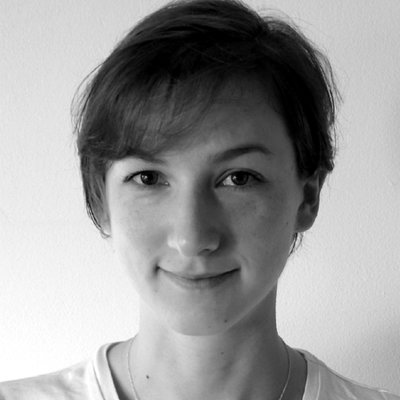ABOVE: © ISTOCK.COM, ROMANBABAKIN
Three medical journals have launched investigations into papers published by researchers at Temple University following allegations of data manipulation, Reuters reports today (September 13).
The studies, most of which were supervised by cardiovascular scientist Abdel Karim Sabri, are already the subject of a misconduct investigation launched by Temple in late 2020 at the request of the US Office of Research Integrity (ORI).
Temple’s senior associate dean of research, Steven Houser—himself a coauthor on many of the studies—filed a lawsuit last year aiming to limit the scope of the university’s inquiry, although that effort has so far proved unsuccessful. The involvement of the journals seems likely to draw more scrutiny to the problematic papers, according to Reuters.
The ORI asked Temple to conduct its own investigation in 2020 after reviewing criticisms of multiple papers on the online post-publication review forum PubPeer. The institution’s inquiry concerns 15 papers published since 2008, nine of which were supervised by Sabri, according to Reuters. Houser worked on five Sabri-supervised studies, the outlet reports, and is also an author on additional papers under investigation.
In 2021, Houser filed a court motion to try to block parts of the university’s inquiry, arguing that it was “engaging in sweeping extra-judicial discovery,” according to an opinion issued last year by judge Wendy Beetlestone. Houser’s request was denied on the grounds that Temple was carrying out work requested of it by the ORI, a US administrative agency.
Elsevier, which publishes the Journal of Molecular and Cellular Cardiology, one of the journals now investigating the papers, tells Reuters in a statement that it is “committed to preserving the integrity of the scholarly record.”
The Journal of Biological Chemistry and the Journal of the American College of Cardiology have also launched independent investigations. Last month, the latter retracted a paper that listed both Houser and Sabri as coauthors after identifying “concerns regarding the splicing and/or duplication of Western blot images,” according to a retraction notice.
Neither Houser nor Sabri responded to Reuters’ request for comment. But Houser’s lawyer, Christopher Ezold, tells the outlet that Houser “has not engaged in scientific or other misconduct, has not falsified data, and has not participated in any bad acts with any other scientist or academic.” He adds that Houser reviewed and edited text in the papers overseen by Sabri, but did not supply data or participate in analyses.
For now, Reuters reports, apart from the one retracted study, none of the papers under scrutiny bear expressions of concern or any other notices regarding the investigations.


